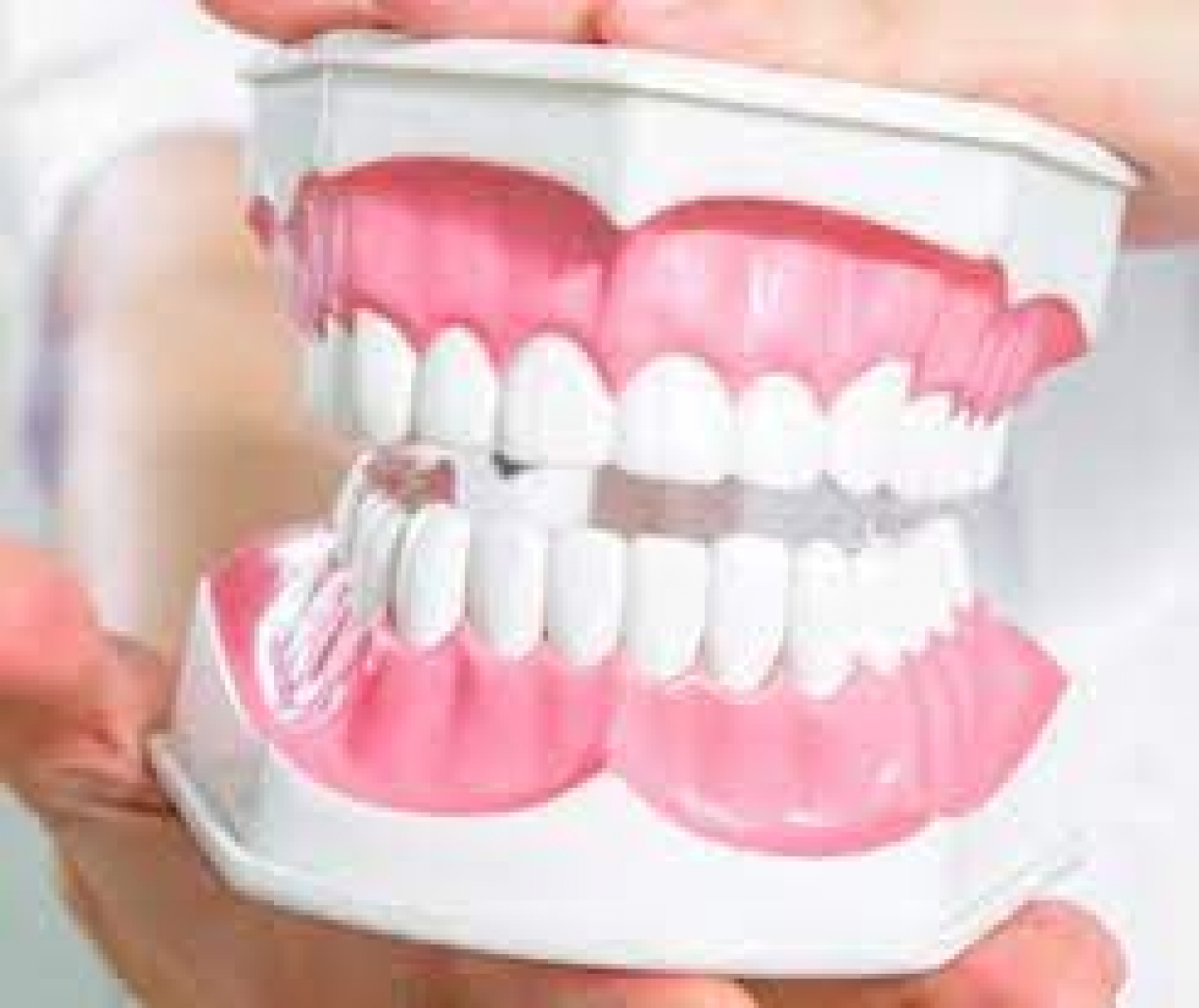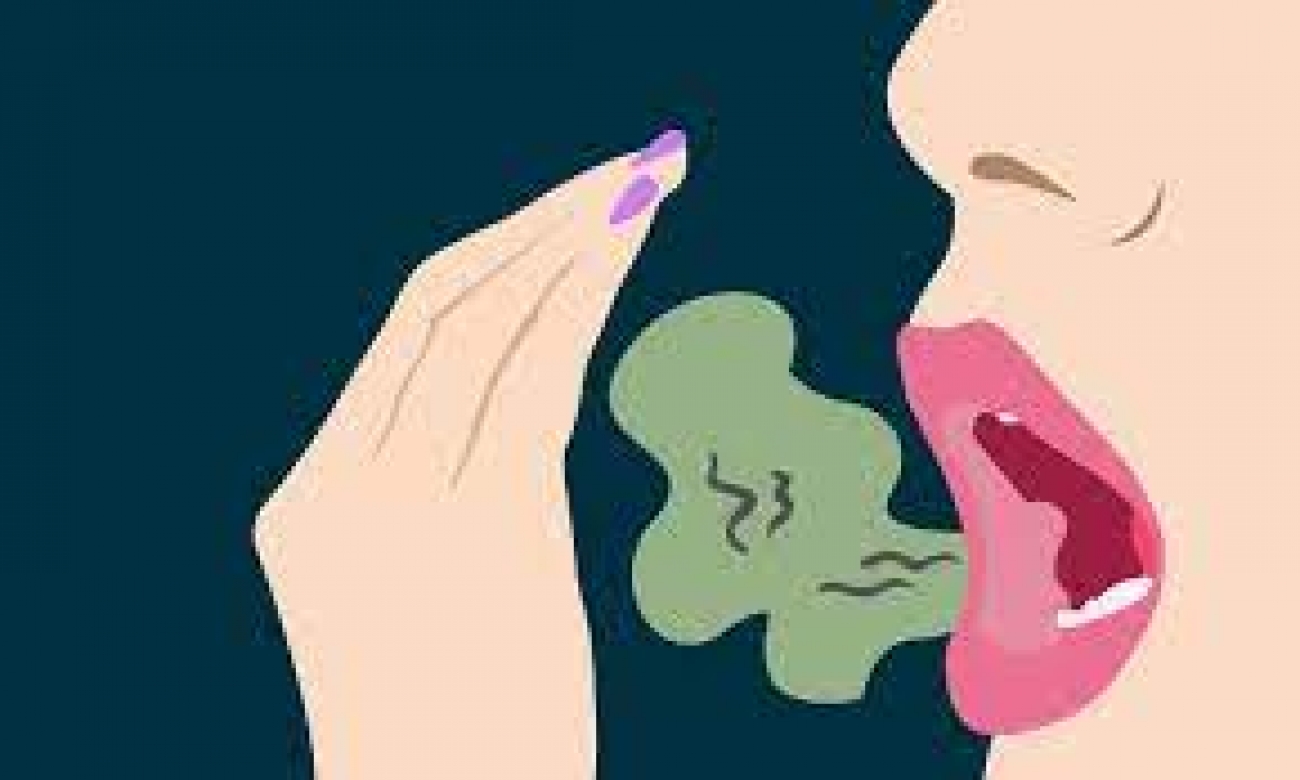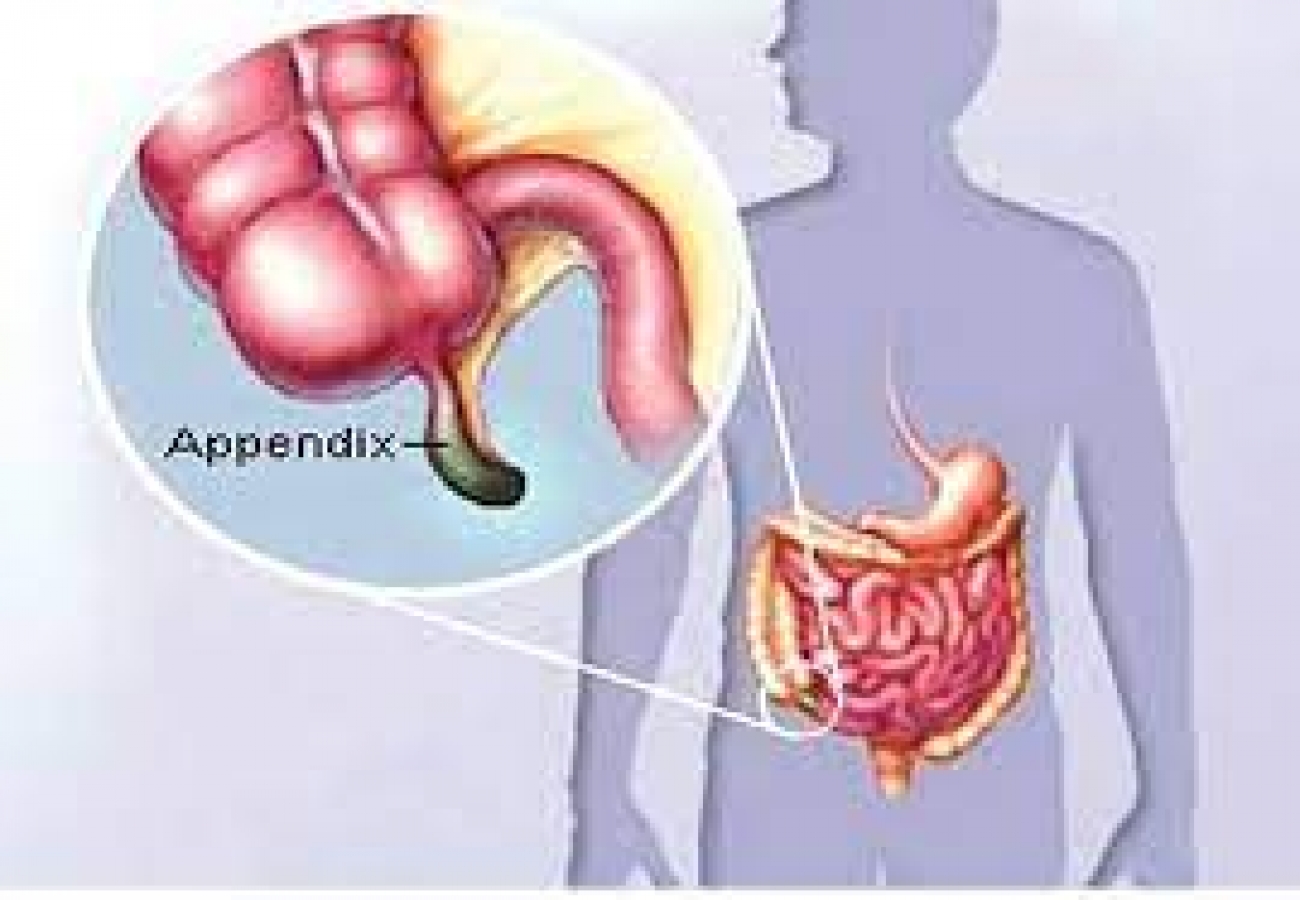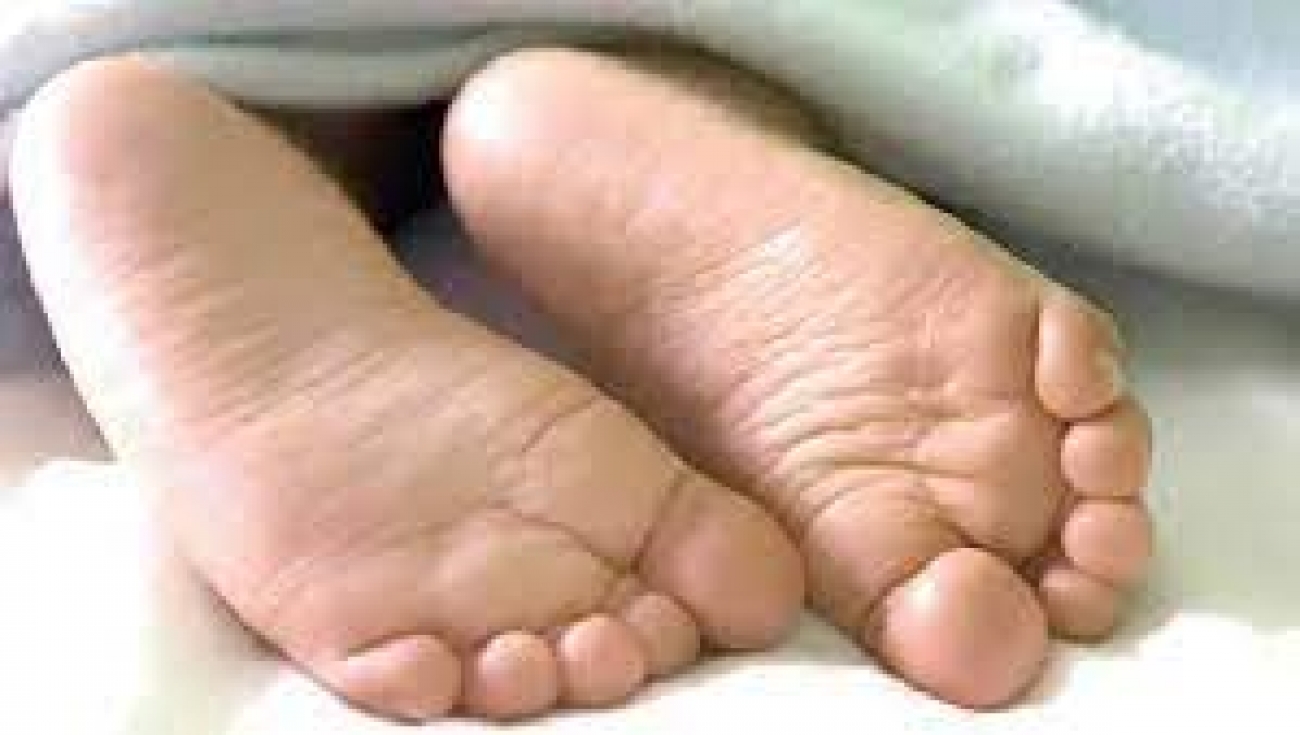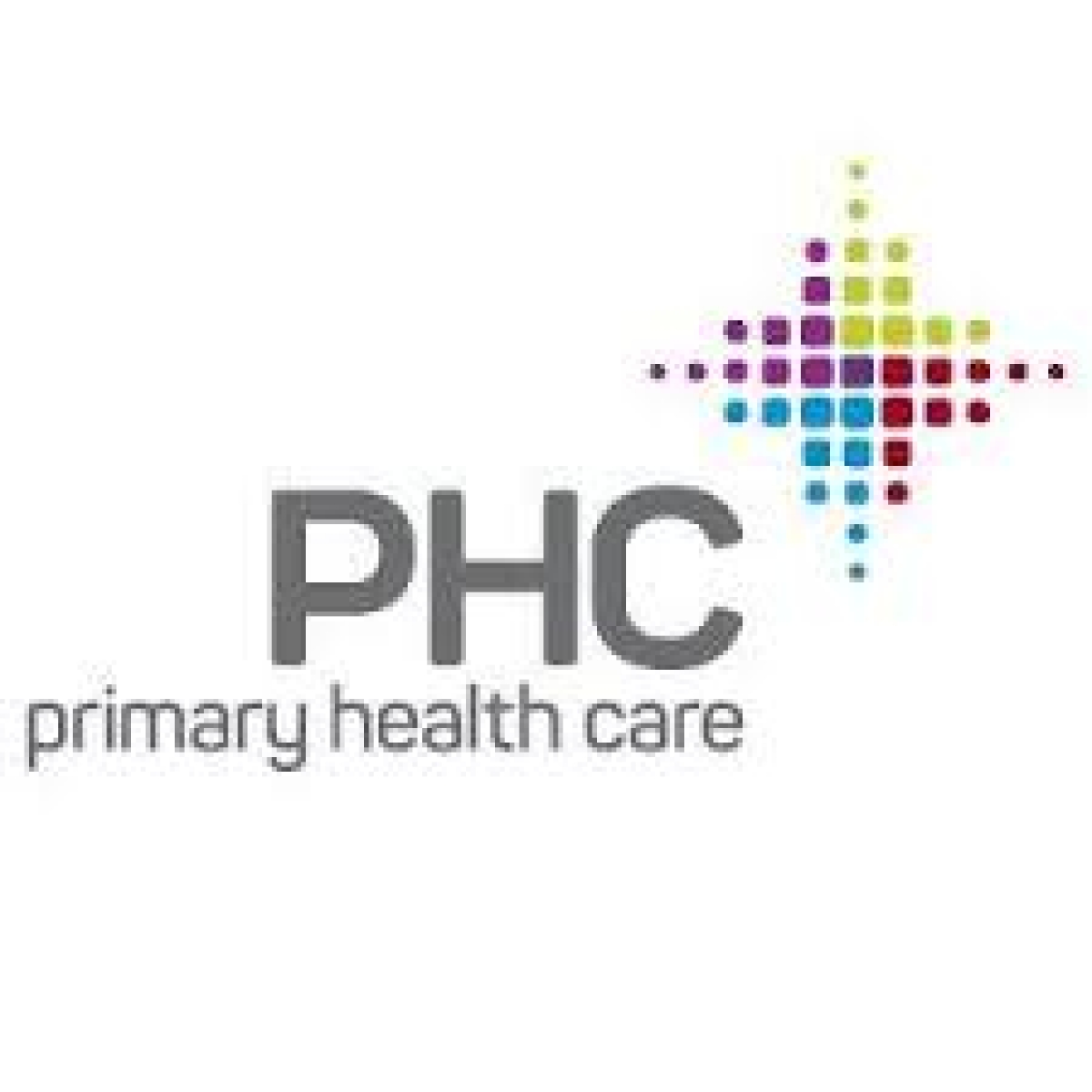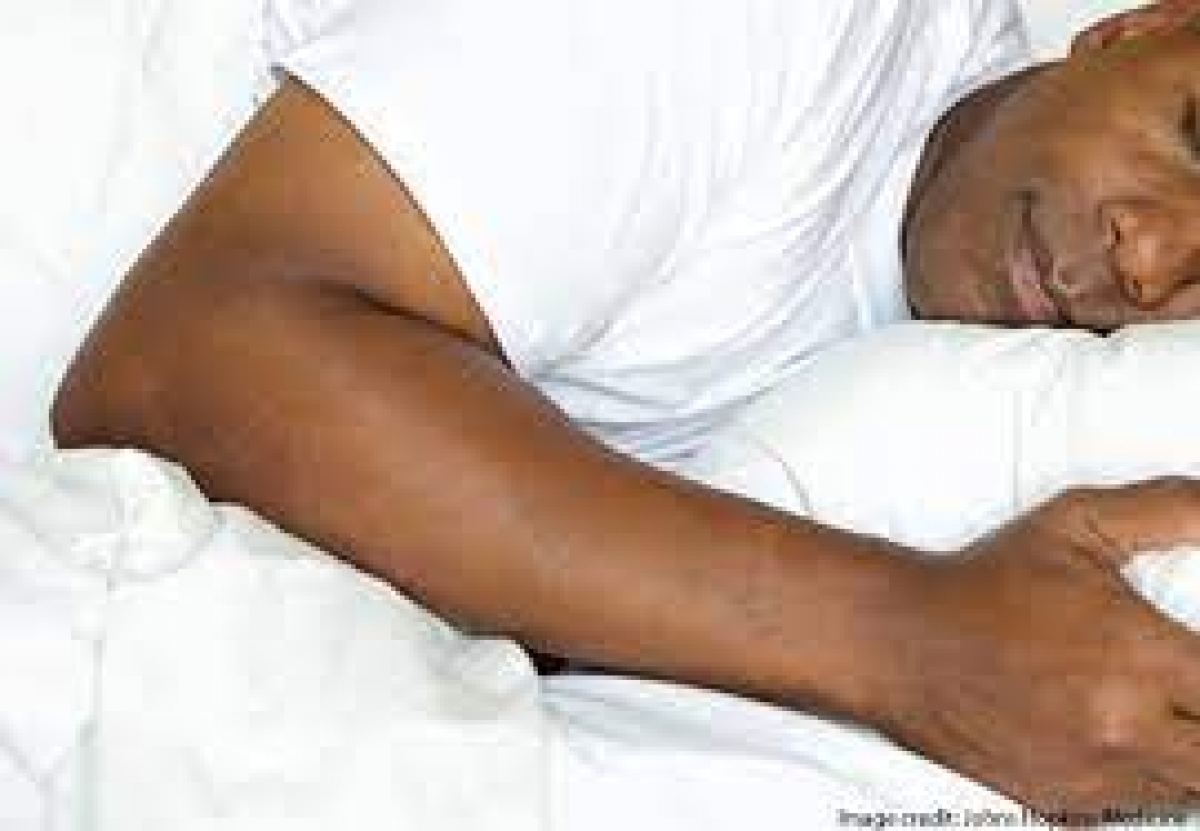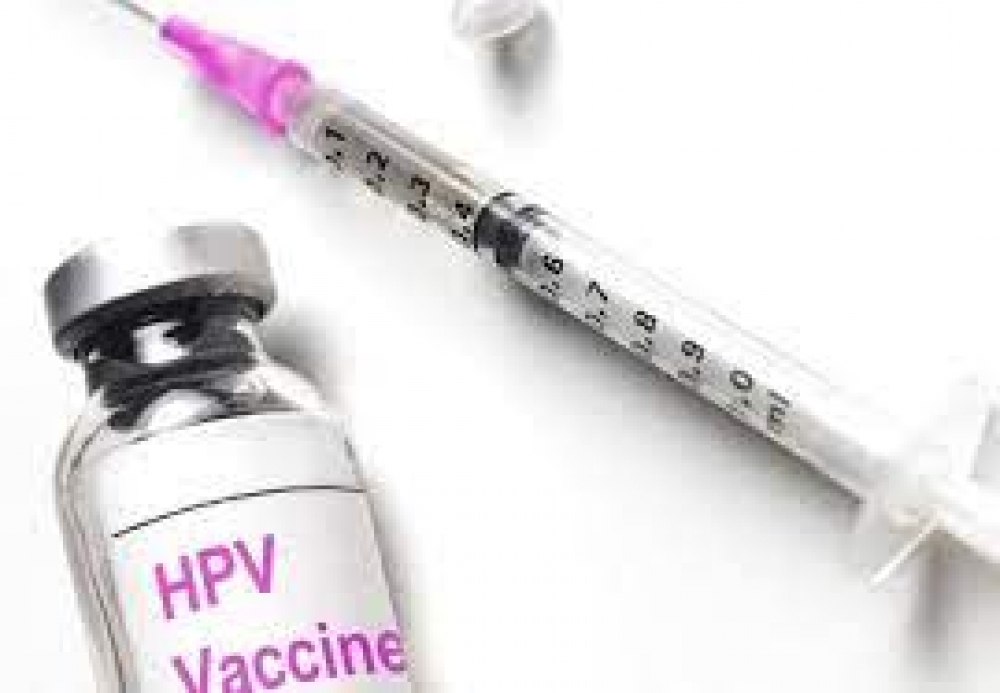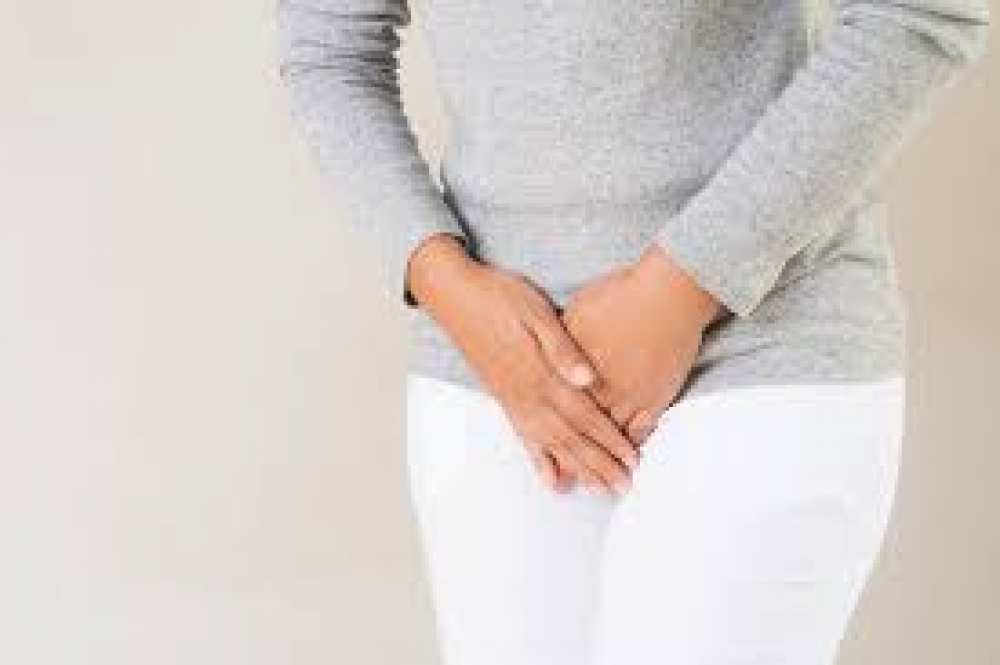Frontpage News (3259)
Integrate, don’t hide children with Down syndrome, expert urges parents
Site AdminThe National President, Down Syndrome Foundation Nigeria, Rose Mordi, has cautioned parents against hiding children with Down syndrome and advised them to instead, encourage social integration.
She urged them to ensure that they get the right care early in life, stressing that it can make a big difference in helping them to live a meaningful life. Speaking with PUNCH Healthwise in commemoration of the 2022 World Down Syndrome Day, Mordi explained that the condition is a genetic disorder and not an illness as perceived by many.
The World Health Organisation says more than 480 million people suffer from oral diseases in the African Region. WHO said the oral diseases are dental caries, periodontal disease and tooth loss, noting that this happens despite the fact that most of them are preventable.
In a message to commemorate the World Oral Day on March 20, the WHO Regional Director for Africa, Dr. Matshidiso Moeti, said the burden of oral diseases reflects significant inequalities, with marginalised populations disproportionately impacted.
A Registrar at the Maxillofacial Department, Federal Teaching Hospital Gombe, Dr. Bose Mohammed, said some patients with halitosis tend to display low self-esteem. Mohammed disclosed this in an interview with Punch Healthwise, during the commemoration of the World Oral Health day, noting that many also display signs of depression.
He said it was imperative for individuals to pay close attention to appearances in the mouth as it has a lot to tell about the person. He said, “How will you tell a friend, colleague or spouse that their mouth smells? It is quite difficult. I came across patients shedding tears, in obvious low self-esteem because of mouth odour.
Surgical experts have warned against granting approval for voluntary removal of the appendix when it is not inflamed to avoid complications associated with surgery. They said though such request was possible, but that a very cogent reason must be established before such a surgical procedure could be carried out.
According to Mayo Clinic, an online health site, the appendix is a small pouch attached to the intestine and it is located in the lower-right abdomen, while appendicitis is an inflammation of the appendix.
See a urologist if your son’s penis is not growing normally, Urologist tells parents
Site AdminA Consultant Urologist and Chief Medical Director of St Mary Specialist Centre, Dr Chudi Osegbe, has advised parents to seek the help of certified urologists if they notice any abnormality in the development of their son’s penis in boyhood.
He said any abnormality could still be corrected before puberty and warned that if left untreated or unattended to; it could pose a problem in the future. “Any abnormality that impedes the normal development of a boy’s penis can be corrected before puberty. Such developmental issues will prove difficult to be treated after then,” he stated.
Shisha smoking can cause mouth cancer –Dental experts warn Nigerians
Site AdminSmoking of Shisha, dental experts have cautioned, can cause cancer of the mouth due to the elevated levels of cancer-causing agents it contains.
The advice was given on Saturday, in a statement jointly signed by Professor Omolara Uti, Dr. Jumoke Effiom, Dr. Abdul Warith Akinshipo and Dr. Ernest Aforka of the Faculty of Dental Sciences, College of Medicine, University of Lagos, in commemoration of the World Oral Health Day.
According to the News Agency of Nigeria, the World Oral Health Day is marked annually on March 20, with this year’s celebration themed, “Be Proud of Your Mouth”.
Shisha is a form of tobacco smoking that has become fashionable in the society, with many who do not smoke cigarettes embracing it.
A Medical Practitioner, Dr. Martin Adejo, has said gray hair in people could be due to genetics, disease, stress or deficiency in vitamins. He said gray hair is not just for the aged as it has become a normal phenomenon in people across all age brackets, and that they now feel at home with the growth.
Dr. Adejo, who spoke with the News Agency of Nigeria in Jos, Plateau State, during a survey carried out on gray hair, noted that some people could have gray hair very early in life, from their primary or post-primary schools, but it does not imply that they are diseased.
PHCs to treat infectious diseases, chronic illnesses -NPHCDA
Site AdminThe Executive Secretary of the National Primary Healthcare Development Agency, Faisal Shuaib, has said that the federal government would invest in building up the country’s failing primary health care system so that primary health centres could treat infectious diseases and chronic illnesses.
Shuaib stated that the government would ensure the provision of equipment, availability of drugs and procurement of ambulances for the PHCs, among others.
A team of scientists from the Hebrew University of Jerusalem, Israel, said they have successfully “reversed aged” human eggs from women at the end of their child-bearing years to make them look more like those from a 20-year-old.
They revealed that the previously unknown ageing mechanism involved administering anti-viral drugs to the eggs in a test tube. Though yet to be tested against fertilization, there is optimism that the discovery, termed a breakthrough, could provide hope for those above 40 years, whose aged eggs often make miscarriages and congenital defects more common.
Study says sleeping with even little light could be dangerous to health
Site AdminA new study conducted by the Director, Center for Circadian and Sleep Medicine, Dr. Phyllis Zee of the Northwestern University, Feinberg School of Medicine, has indicated that exposure to artificial light at night could be seriously detrimental to health.
The study found that young healthy people who participated in the experiment experienced increased heart rate and blood sugar levels. Dr. Zee, the study author, said even though the participants slept with their eyes closed, the dim light penetrated through their eyelids and disrupted their sleep.
More...
The Lagos State Government has said it has upgraded the ‘Ilera Eko’ health scheme by increasing the maximum age of dependents in a family for residents of the state.
According to a statement on Sunday, the General Manager, Lagos State Health Management Agency, Dr. Emmanuella Zamba, disclosed this during a courtesy visit by the Nigeria Union of Journalists (Lagos State Information Chapel) in Ikeja.
A health expert, Dr. Chinonso Egemba, has warned pregnant women against touching cat faeces, noting that it can lead to miscarriage and stillbirth. The medical practitioner, popularly known as ‘Aproko Doctor’on social media, also revealed that touching the faeces of a cat can cause infection in an unborn child.
In a post on his Instagram page @aproko_doctor, Egemba said the infection can be avoided by changing the litter of a cat daily. He said, “If you are pregnant, it is important that you do not touch the faeces of the cat because you can also get an infection known as toxoplasmosis gondii, which may cause miscarriages, stillbirths and even infections in the child.
Experts say political will needed to expand access to cervical cancer treatment, vaccines
Site AdminMaternal health experts have urged the Nigerian government to have the political will to tackle the challenge of cervical cancer in the country.
According to the experts, the political will is particularly imperative to increase the uptake of the Human Papilloma Virus vaccine against cervical cancer and to also make screening and treatment accessible and affordable to women. The experts noted that when there is no political will and commitment on the part of the government, other stakeholders in the fight against the deadly disease can only do little.
Why more women are suffering from urinary incontinence –Urologist
Site AdminA Consultant Urologist, Ogah Hospital and Urology Centre, Fugar, Edo State, Dr. Gabriel Ogah said age, pelvic organ prolapse, and enlarged prostate are predisposing factors to urinary incontinence.
The urologist, however, said while the causes of the condition differ among males and females, it is mostly seen in the context of childbirth in women. Ogah, nevertheless, noted that the most common cause of urinary incontinence is prostate enlargement, particularly in older men.


